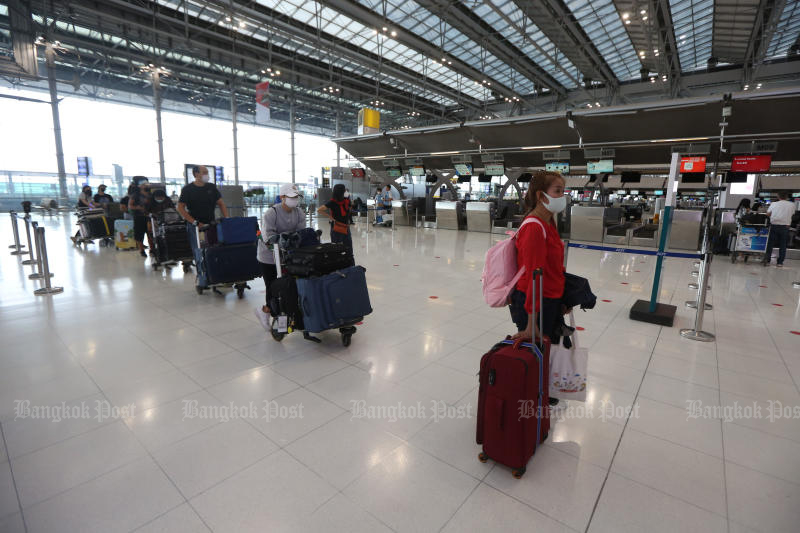
Governments should avoid quarantine measures when re-opening their economies, according to the International Air Transport Association (IATA).
Imposing quarantine on arriving travellers keeps countries in isolation and the travel and tourism sector in lockdown, said the association, which represents 290 airlines comprising 82% of global air traffic.
"We are proposing a framework with layers of protection to keep sick people from travelling and mitigate the risk of transmission should a traveller discover they were infected after arrival," said Alexandre de Juniac, IATA's director-general and CEO.
Mandatory quarantine measures stop people from travelling, with a recent public opinion poll revealing that 83% of respondents would not even consider travelling if quarantine was imposed at their destination, said Mr de Juniac, adding an analysis of trends during the lockdown period shows that countries imposing quarantine saw arrivals drop by more than 90% -- an outcome similar to countries that banned foreign arrivals altogether.
"Safely restarting the economy is a priority. That includes travel and tourism. Quarantine measures may play a role in keeping people safe, but they will also keep many unemployed."
Mr de Juniac added that the IATA supports reducing the risk of imported cases by discouraging symptomatic passengers from travelling, implementing health risk mitigation measures, such as screening via non-intrusive temperature checks, and providing Covid-19 testing for travellers from countries perceived to be "higher risk".
The IATA said it recommended that tests are undertaken prior to arrival at the departure airport so as not to add to airport congestion and avoid the potential for contagion.
Tests would need to be widely available and highly accurate, with results delivered quickly. Test data would need to be independently validated so as to be mutually recognised by governments and securely transmitted to the authorities.
Also, in cases where an infected person does travel, the IATA said there should be universal implementation of the Take-Off guidelines published by the International Civil Aviation Organisation (ICAO) including mask-wearing during the travel process, sanitisation, health declarations and social distancing where possible.
The measures should be backed up by contact-tracing for people detected as infected after arrival.
New mobile technology has the potential to automate part of the contact-tracing process, provided privacy concerns can be addressed, said the association.
